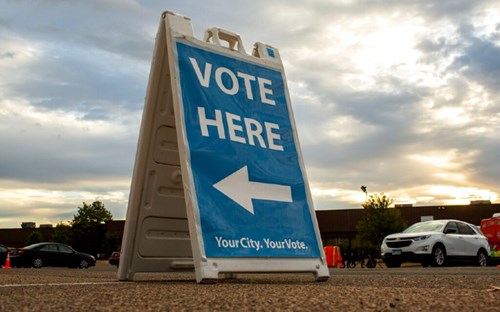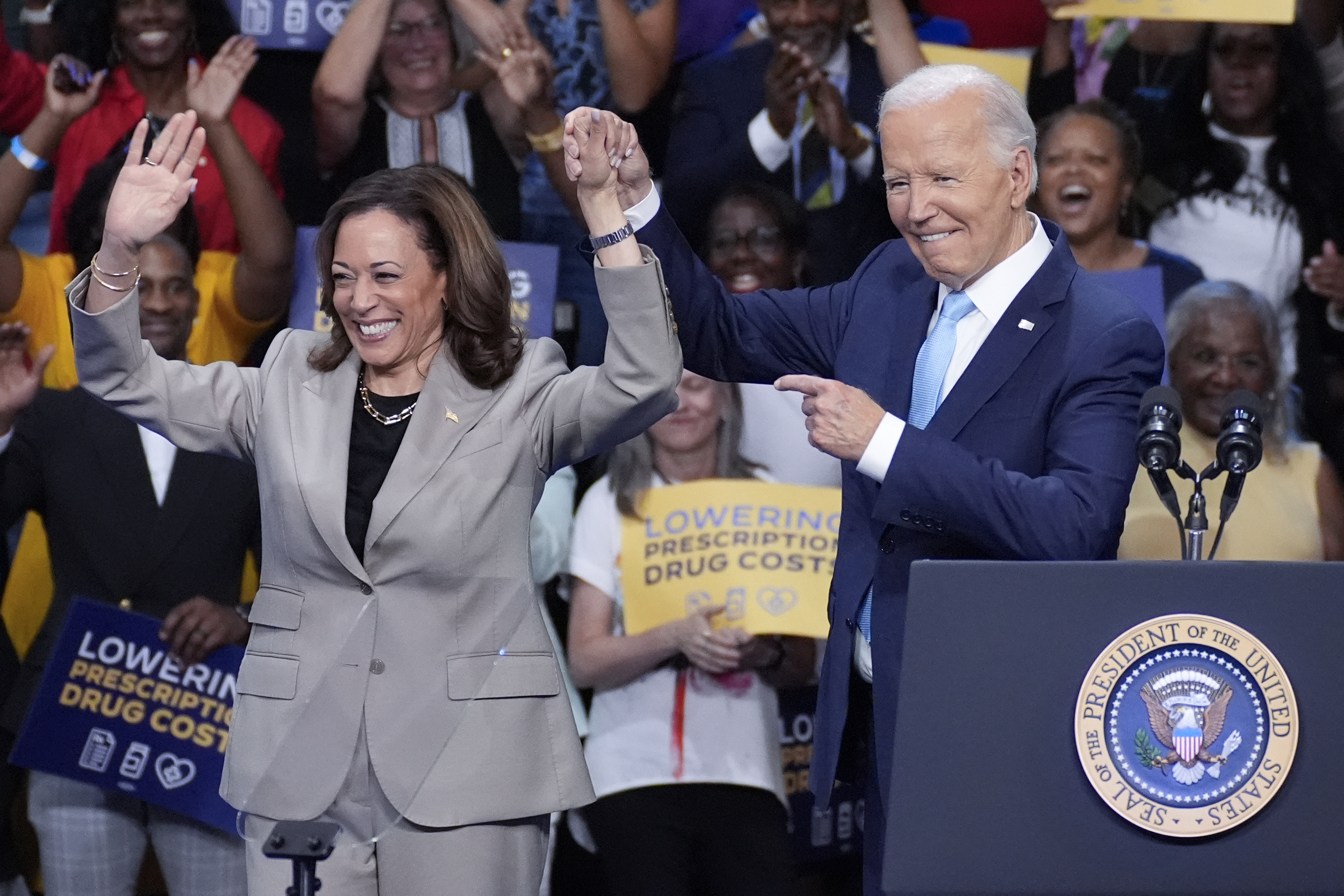Will one party control the White House, the Senate and the House of Representatives?
If fortune falls on the Republicans, what will they do with it?
That is a conversation worth having, Rep. Chip Roy (R-Texas) told American Family Radio in a radio interview Wednesday.
Roy, known for being vocal on Capitol Hill, said he and many other Republican lawmakers are still stinging from the inability of their House majority to advance the SAVE Act. That bill would have simply required states to verify the citizenship status of voter registrants and bar them from checking the "yes" box on the federal form and keep moving.
It was the major point in the Continuing Resolution put forth by Speaker Mike Johnson that would fund government agencies past the Sept. 30 deadline.
 “Your bill does NOT responsibly fund government,” Rep. Thomas Massie (R-Kentucky) wrote on X to Johnson prior to a 220-202 vote that defeated the SAVE Act. "Fourteen Republicans did not support the measure, most of them driven by a U.S. debt that has exceeded $35 trillion."
“Your bill does NOT responsibly fund government,” Rep. Thomas Massie (R-Kentucky) wrote on X to Johnson prior to a 220-202 vote that defeated the SAVE Act. "Fourteen Republicans did not support the measure, most of them driven by a U.S. debt that has exceeded $35 trillion."
Regarding the CR, Massie complained it is "12 bills rolled into one bill that continues to profligate spending that’s ruining our country." Speaker Johnson, he wrote, has added a 13th bill.
The SAVE Act – protecting elections -- is what Roy calls an “80-plus percent issue,” but Republicans were unable to agree on legislation for something so favored by most Americans.
“It was a small group of conservatives, with whom I agree a lot, if not almost all of the time,” Roy told show host Jenna Ellis. “In my view, that was a self-fulfilling prophecy. In shooting down that plan, it left us with no plan.”
Roy expects the House to pass a trimmed down CR that will extend funding until Dec. 20.
It is expected to include increases for the Secret Service and disaster relief but little else. The Secret Service has come under criticism for its performance during two assassination attempts against Donald Trump for its DEI hiring practices.
One group’s view of political survival
The hang-up with the SAVE Act dissenters is their own races on Nov. 5 as Democrats will cast Republicans as the part that shut down the government.
“You’ve got probably 20 Republicans in close races, people like Mike Garcia in California, Marc Molinaro in New York, Nick LaLota in New York, probably 20 or so in battleground districts. They say a shutdown will kill their chances four weeks out from an election,” Roy said.
Roy doesn’t disagree. He says Republicans should have laid the foundation for the SAVE Act discussion long ago with proper messaging, educating the public of its necessity and of the CR as its best chance to pass.
“The only way to have defeated that would have been to have had a long-term message building up to this so that there was a central fight you could go sell. We have not done that,” Roy said.
The anti-CR Republicans – a label which would often attach to Roy – are looking at this through the lens of some “pretty tough districts,” Roy said.
 But their departure in a key vote illustrates the frustration many Conservatives have with the Republicans they believe should fight harder for their views.
But their departure in a key vote illustrates the frustration many Conservatives have with the Republicans they believe should fight harder for their views.
“Had Republicans been united on picking the fight and messaged it, had the American people behind us, elevated pressure on the Democrats, now you’ve got the strong messaging to win. If we go do this now, we’ve been kind of waffling on the messaging for the last two to three weeks, and now it’s going to be harder,” Roy said.
Why can’t the Republicans become the impenetrable force that seems to define Democrats even in the face of common-sense legislation like the SAVE Act?
What could possibly be the motivation for opposing a bill that would make sure that only Americans are voting in American elections?

Rep. Tom Tiffany (R-Wisconsin), on AFR earlier this week, compared Democrats’ response to the SAVE Act with their lack of support for Trump’s effort to get a citizenship question on census forms for 2020.
“Democrats fought that tooth and nail. Now why would you do that? To ask the question is to answer it,” Tiffany said.
Today’s Republicans have too many of their teeth and nails. There’s an identity crisis with too many factions within the party, Roy said.
If dream happens, will there be a GOP awakening?
If the GOP awakens on Nov. 6 and a dream has been realized, the first thing Republicans need to do is address those divisions.
 “On Nov. 6, if we are blessed enough to have the trifecta, which is going to take a massive amount of work to do," Roy said, "we need to sit down in a room and figure out who the heck we are and what we’re going to united to accomplish."
“On Nov. 6, if we are blessed enough to have the trifecta, which is going to take a massive amount of work to do," Roy said, "we need to sit down in a room and figure out who the heck we are and what we’re going to united to accomplish."
“That includes some of our moderates in tight districts, our Freedom Caucus and conservative allies, our appropriators. We’ve got to decide what we’re willing to risk our election certificates to do, to do at least like Democrats did when they did it for Obamacare, they do it for their big leftist priorities,” he said.
“What are we willing to put it all on the line for to guarantee that a President Trump can accomplish X, Y and Z?”







